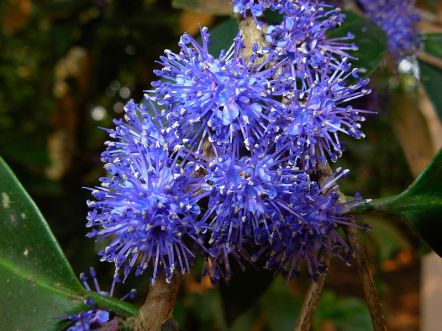Pazhamozhi 400 – 302
O’ lord of the town where blooming flowers jostle in streams!
Those who spend whatever little they have to do good deeds,
and expect to reap much more in return – are like those
who throw in small spiny loach fish to catch a murrel.
சிறிய பொருள் கொடுத்துச் செய்த வினையால்,
பெரிய பொருள் கருதுவாரே;-விரி பூ
விராஅம் புனல் ஊர!-வேண்டு அயிரை இட்டு,
வராஅஅல் வாங்குபவர்.
Some people spend a little money on charity in this life and expect much in return in their after life. These people are like those who throw in small fish (spiny loach – அயிரை) to catch big fish (வரால் – murrel).
Pazha Mozhi Naanooru ( 400 Old Sayings) is one of the 18 post Sangam anthologies. Each verse explains a proverb. In this verse the poet doesn’t explicitly say this life / after life. It is expanded and explained in the commentary. Hence I haven’t included it in translation.
வினை – deed (good deed)
கருதுதல் – expect
விரி பூ விராஅம் – blooming flowers mingle / jostle
புனல் – stream
அயிரை – spiny loach fish
வரால் – murrel fish


